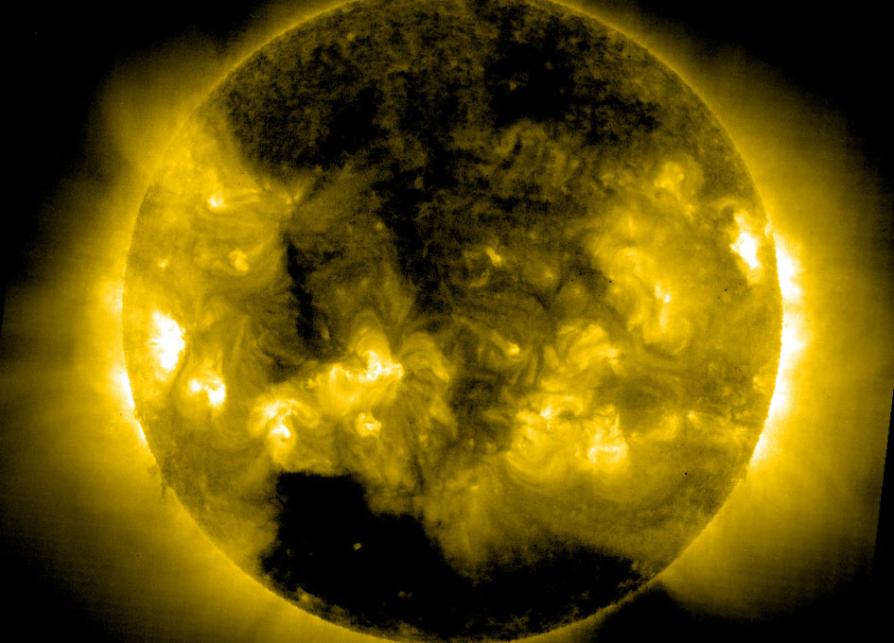What are the Cultural and Historical Significance of the Northern Lights?
The Northern Lights, also known as aurora borealis, are a captivating natural phenomenon that has captivated the imaginations of people for centuries. Beyond their breathtaking beauty, the aurora holds immense cultural and historical significance, weaving its way into the fabric of human societies across the globe.

I. Cultural Significance
Indigenous Beliefs And Legends
- For many indigenous groups, the Northern Lights held deep spiritual and cultural significance.
- Inuit legends spoke of the aurora as the spirits of ancestors dancing in the sky.
- Sami people believed the aurora was a bridge between the worlds of the living and the dead.
Symbolism And Folklore
- In various cultures, the Northern Lights were seen as symbols of good luck, prosperity, or divine intervention.
- Folklore often depicted the aurora as a sign of impending change or a harbinger of important events.
- Artistic representations of the aurora can be found in literature, music, and art, capturing its ethereal beauty and symbolic meanings.
II. Historical Significance
Scientific Discoveries
- Early observations of the Northern Lights led to attempts to explain their causes, ranging from divine intervention to natural phenomena.
- Scientific breakthroughs in the 19th and 20th centuries revealed the connection between the aurora and solar activity, unveiling the mechanisms behind this celestial display.
- The study of the aurora has contributed to our understanding of space weather, solar-terrestrial interactions, and the dynamics of the Earth's magnetosphere.
Exploration And Navigation
- Explorers and travelers relied on the Northern Lights as a navigational aid, especially in the vast and uncharted Arctic regions.
- Historical accounts document encounters with the aurora during expeditions, providing valuable insights into the challenges and wonders of polar exploration.
- The aurora's role in navigation contributed to the mapping and exploration of the Arctic, shaping our understanding of this remote and unforgiving environment.
Cultural Exchange And Interactions
- The Northern Lights have served as a catalyst for cultural exchange and interactions between different societies.
- Shared experiences and stories related to the aurora have fostered connections and mutual understanding among people from diverse backgrounds.
- The aurora's ability to transcend cultural boundaries has played a role in promoting cooperation and collaboration in scientific research, cultural exchange, and tourism.
Contemporary Relevance
Tourism And Economic Impact
- The Northern Lights have emerged as a major tourist attraction, drawing visitors from around the world to witness this natural spectacle.
- Aurora-related tourism has significant economic benefits for regions where the lights are visible, supporting local businesses and creating employment opportunities.
- However, managing tourism while preserving the natural beauty and ecological integrity of the aurora viewing areas presents ongoing challenges.
Scientific Research And Space Exploration
- Ongoing scientific research on the Northern Lights continues to unravel the mysteries of this phenomenon, deepening our understanding of space weather and solar activity.
- The aurora serves as a natural laboratory for studying the dynamics of the magnetosphere, ionosphere, and thermosphere.
- Research on the aurora has potential applications in space exploration, such as predicting geomagnetic storms and mitigating their impact on spacecraft and astronauts.
Environmental Awareness And Climate Change
- The Northern Lights are intricately connected to climate change, as variations in solar activity and the Earth's magnetic field influence the frequency and intensity of the aurora.
- Climate change may lead to changes in the patterns and behavior of the aurora, serving as a visible reminder of the impact of human activities on the planet.
- The aurora's role in raising awareness about environmental issues and the need for sustainable practices has become increasingly recognized.
The Northern Lights hold immense cultural and historical significance, weaving together stories, legends, scientific discoveries, and human experiences. Their ongoing relevance in contemporary times, from tourism and economic impact to scientific research and environmental awareness, underscores the enduring fascination and importance of this natural phenomenon. As we continue to explore and appreciate the Northern Lights, we deepen our understanding of the interconnectedness of nature, culture, and history.
YesNo

Leave a Reply